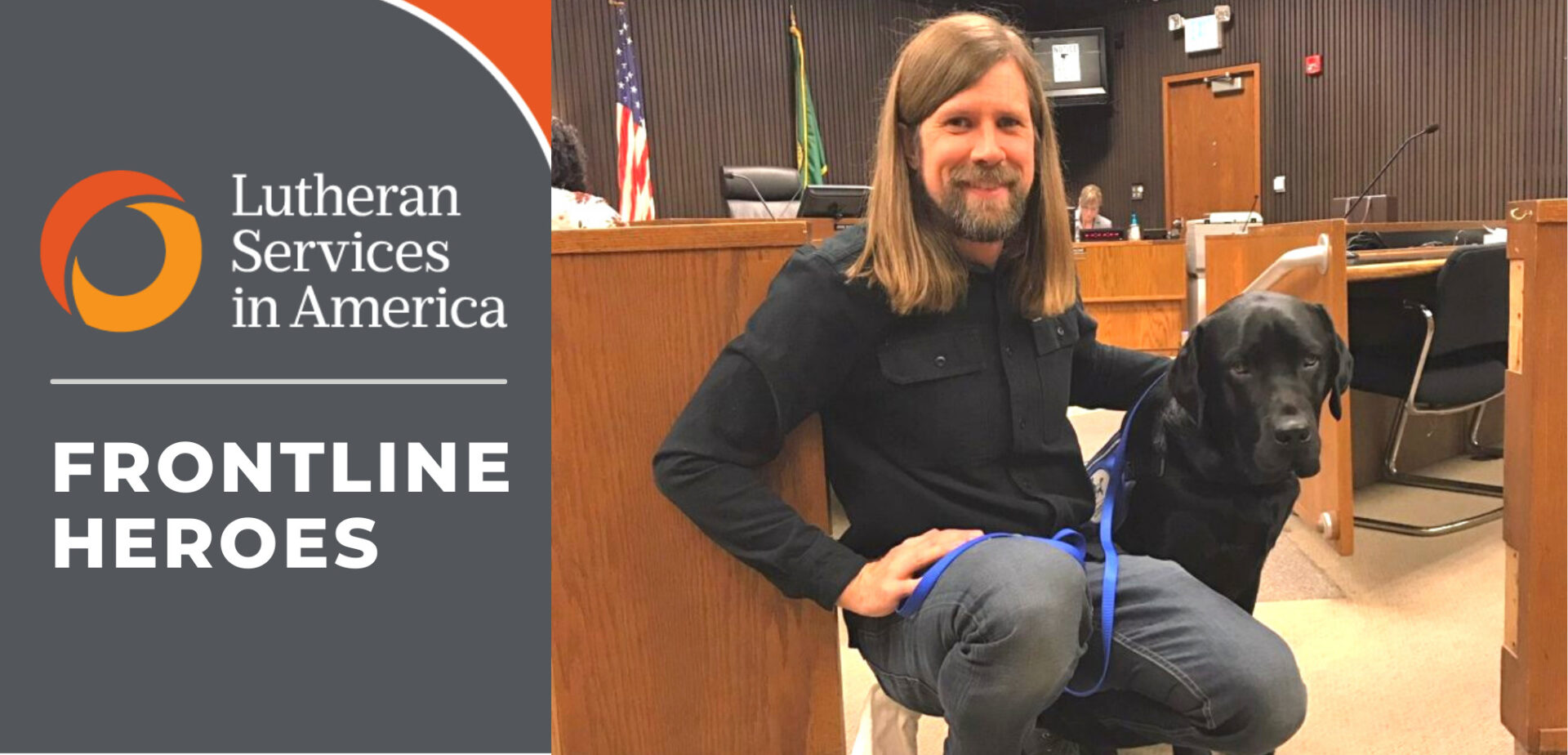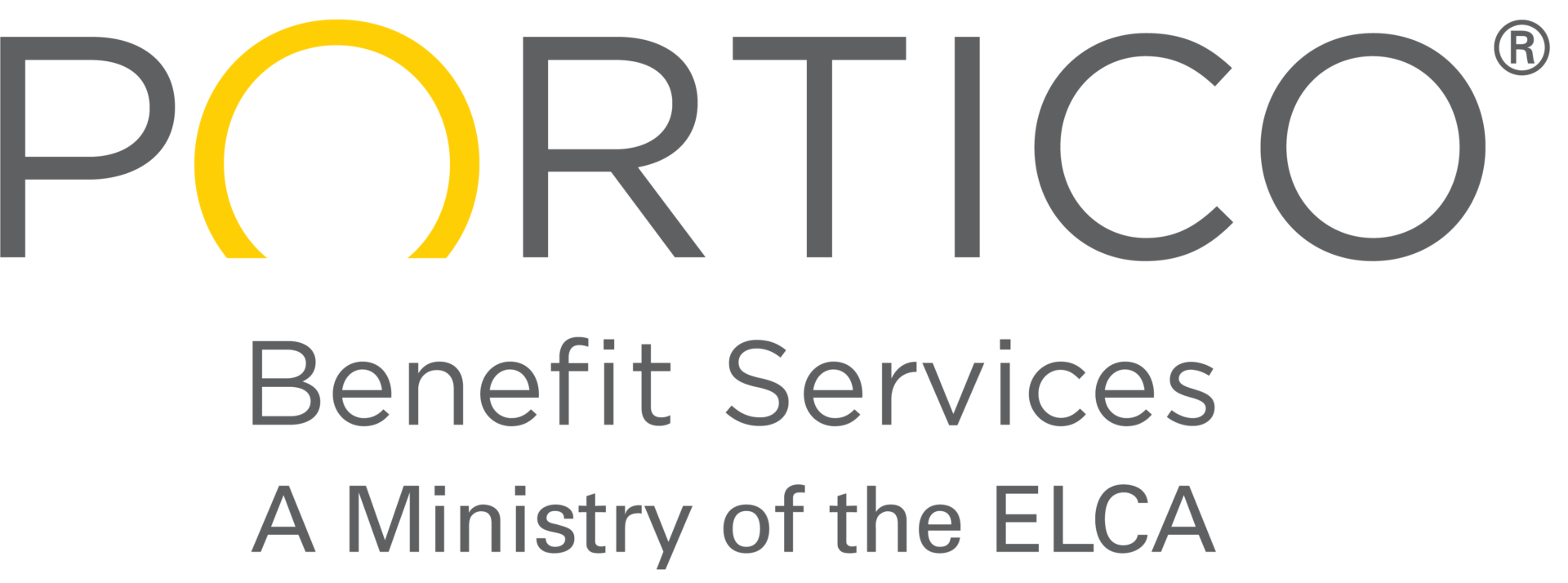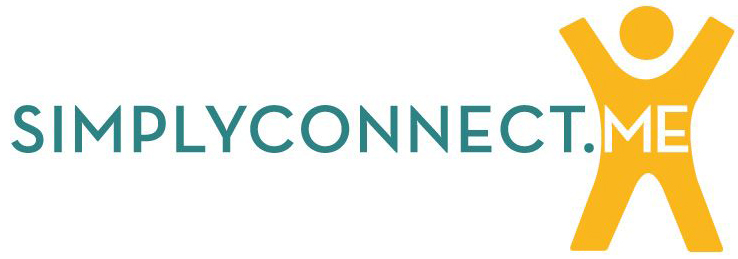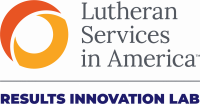
Each day, Lutheran Services in America and our members across the country work with 12,000 children in foster care and more than 400,000 children and families. In the interest of children, families, and communities throughout America, our national network is pursuing new ways to meet contemporary challenges and realities to strengthen families and ensure children have the opportunity to reach their full potential.
Many of our efforts start in our Results Innovation Lab, which empowers our network’s children, youth and family advocates to address inequities found in America’s child welfare system through data-driven strategies and results-based leadership. Lutheran Social Services of Wisconsin and Upper Michigan is amongst our network’s 100 child and family service providers that are implementing the Lab’s framework to achieve results on the ground.
What’s the Difference?
For Amanda Krzykowski, director of performance and quality improvement at LSS, the first step in revamping the organization’s approach to improve outcomes for children lay with the collection of information. Amanda’s participation in the Results Innovation Lab led her to focus not only on the quantity of data but also the quality.
“The Lab helped me hone in on what the team should be measuring—not just ‘how much,’ but ‘how well and what was the difference made,’” Amanda told Lutheran Services in America in an interview. “We wanted to use the data to achieve results from an equity standpoint and remain accountable. We want to provide services that help everybody.”
Real-world Results
For the past six years, Amanda has helmed her department that focuses, among many areas, on indicators and outcomes for children, constantly relying on data for quality improvement. The changes her team implemented based on lessons learned from the Results Innovation Lab resulted in noticeable improvement across the organization’s initiatives, including its School-Centered Mental Health (SCMH) program. “With SCMH, we saw a reduction in mental health symptoms and an improvement in social determinants of health,” she said.
LSS also teamed up with local schools for application within classroom settings. “We looked at individuals in the school and what they needed—teacher and student. We offered techniques to teachers to use that could help their students and build closeness within the classroom,” Amanda said. “In partnership with the schools, we witnessed an increase in reading levels, sometimes as high as 50 percent for children who spoke English as a second language.”
Navigating through COVID
As with everything else last year, the COVID-19 pandemic threw a sizeable wrench into LSS’s efforts. The pandemic hampered the organization’s ability to properly provide services as it had, resulting in often devastating consequences for the people Amanda’s team worked to serve each day.
“During COVID, we got pre-assessments done but no post-assessments,” said Amanda. “However, LSS has been able to still see improvement with kids.”
The pandemic poses practical obstacles that still remain unresolved. To overcome these challenges, Amanda’s team turned to technology to move their work forward.
“With COVID, resources are short in supply, especially tech-wise. On the flip side, LSS has been able to meet with families still, even if it is through Zoom,” she said. “We’ve started to capture data related to telehealth. We’ve seen the same results with telehealth in quality of service for most people, which was interesting to see.” When Wisconsin considered banning telehealth as an option for its residents, LSS joined with other human service advocates to push back. “Our coalition provided data about its impact, especially in rural communities,” Amanda said. The coalition’s efforts ultimately led to a decision by the state to increase funding for telehealth and allow providers to continue to offer certain telehealth services.
Leading and Learning through Experience
Amanda’s leadership in applying data-based approaches to improving outcomes for children earned her a Lutheran Services in America Beacon Award alongside her colleagues Beverly Jones of Lutheran Child and Family Services of Illinois and Rebecca Kiesow-Knudsen of Lutheran Social Services of South Dakota.
Amanda’s track record as a recognized leader applies not only within the confines of LSS, but also amongst her Lutheran Services in America peers within the Results Innovation Lab. Her time as a coach to her Lab mates has been a huge “growing jump professionally,” she said, and has helped inform her own experience. “Coaching forced me to learn differently. It has made me more confident.” The Lab is a mutual learning opportunity for all participants, a trusted space where members exchange a wide variety of views and perspectives in their efforts to produce new strategies. By participating in the Lab, Amanda has learned a great deal from her peers while also making a crucial difference as an effective coach for the teams.
Through the ups and downs, Amanda remains focused on using data to improve the quality of services in her region to make a difference. At the end of the day, it’s all about the community.
Learn more about the Results Innovation Lab and the exceptional leaders moving it forward.
By Christopher Findlay, Senior Marketing Manager
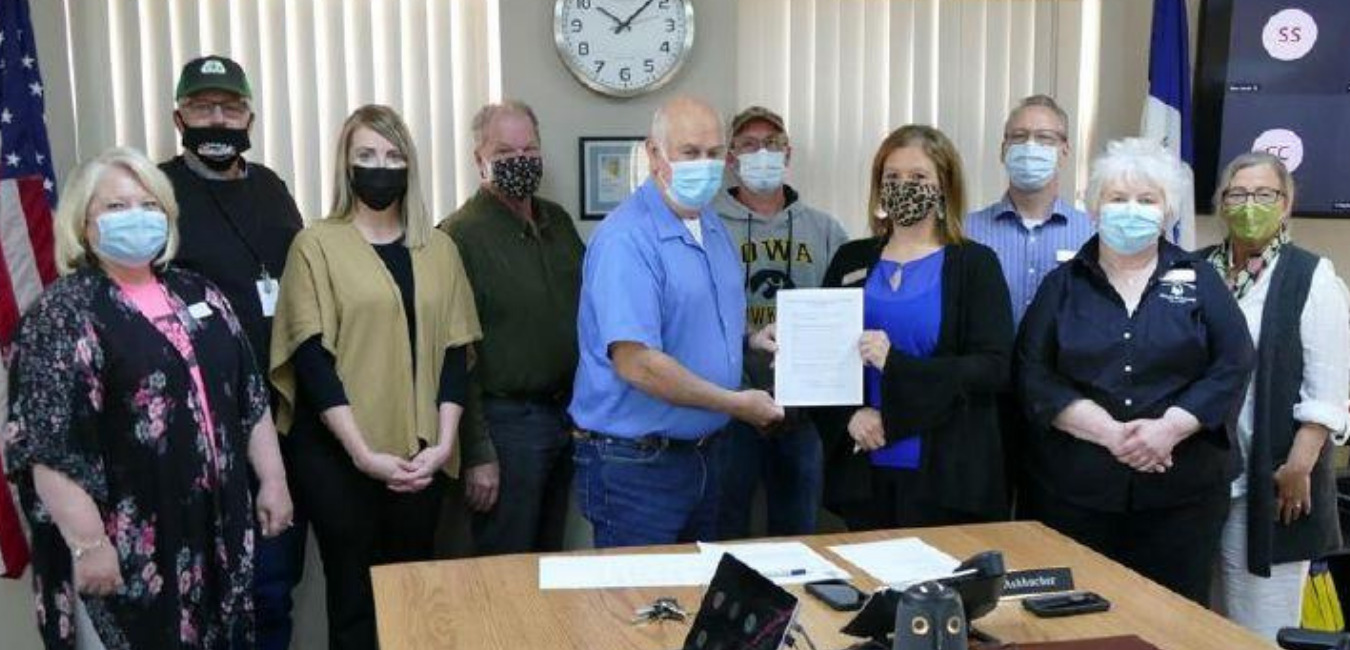
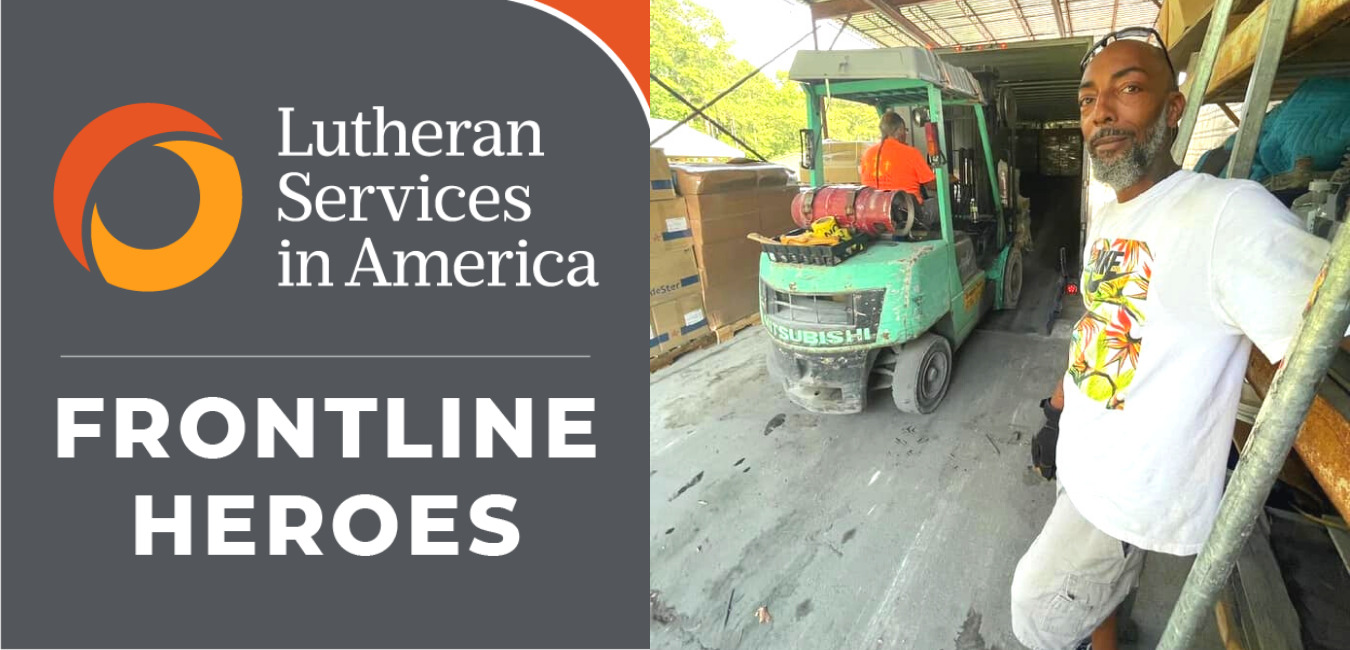

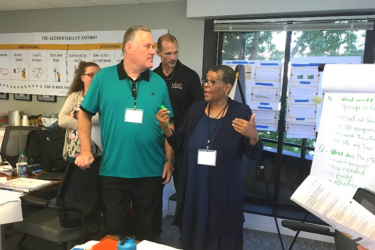 Beverly Jones of the Chicago-based
Beverly Jones of the Chicago-based 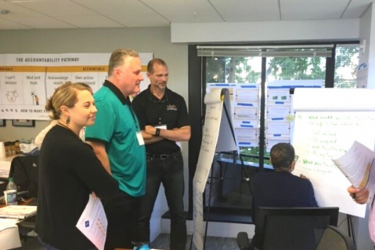 Beverly’s time as a participant of the Results Innovation Lab helped her realize areas where her team had not provided enough focus in their efforts to decrease the length of children’s stays in foster care. “I realized once we were immersed in the Results Innovation Lab that our initial goal of increasing permanency for youth of color by five percent was modest,” she said. “For each of our original five percent goals we were closer to 40 percent. So in hindsight, our original five percent goals were very conservative – but this is exactly the sort of valuable learning we’ve all been able to take away from the Lab. Lessons like this will inform our future work, as well.”
Beverly’s time as a participant of the Results Innovation Lab helped her realize areas where her team had not provided enough focus in their efforts to decrease the length of children’s stays in foster care. “I realized once we were immersed in the Results Innovation Lab that our initial goal of increasing permanency for youth of color by five percent was modest,” she said. “For each of our original five percent goals we were closer to 40 percent. So in hindsight, our original five percent goals were very conservative – but this is exactly the sort of valuable learning we’ve all been able to take away from the Lab. Lessons like this will inform our future work, as well.”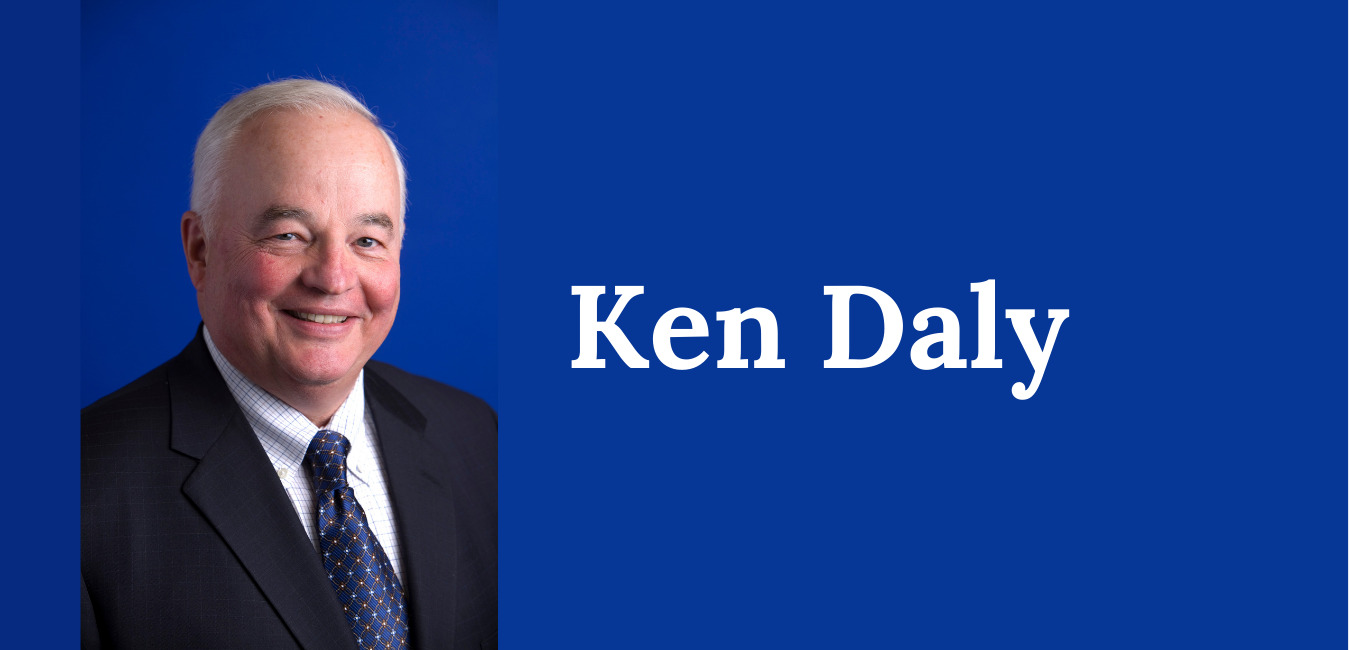
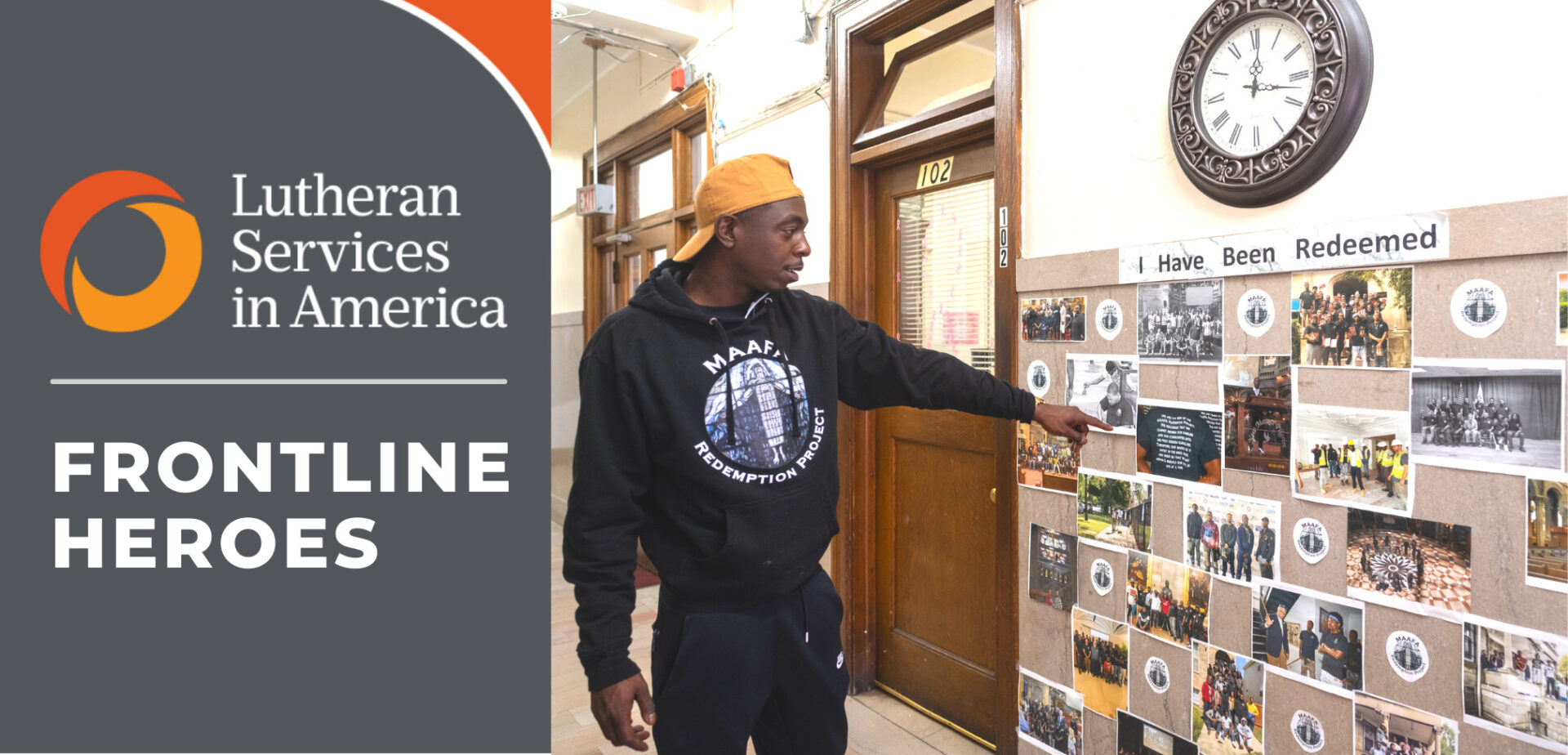
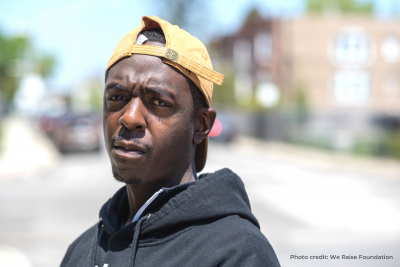 The foundation awarded their largest grant to date to the MAAFA Redemption Project, which provides housing—in addition to life coaching, professional training, and other social services—for high-risk young men in the Chicago’s West Garfield Park, an area with one of the lowest life expectancies in the city. With support from We Raise, the MAAFA Redemption Project is revitalizing a neighborhood that the project’s executive director describes as long forgotten.
The foundation awarded their largest grant to date to the MAAFA Redemption Project, which provides housing—in addition to life coaching, professional training, and other social services—for high-risk young men in the Chicago’s West Garfield Park, an area with one of the lowest life expectancies in the city. With support from We Raise, the MAAFA Redemption Project is revitalizing a neighborhood that the project’s executive director describes as long forgotten.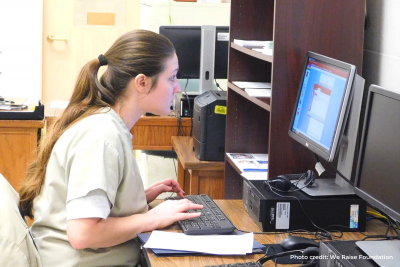 Two years ago, We Raise helped make an incredible second chapter possible for Tabitha. After completing her seventh prison sentence, Tabitha went back to school and subsequently founded the SoulFisher Ministries, which provides workforce training and educational resources for women as they re-enter society after incarceration. With We Raise’s backing, Tabitha is helping to keep formerly incarcerated women above the poverty line and out of prison.
Two years ago, We Raise helped make an incredible second chapter possible for Tabitha. After completing her seventh prison sentence, Tabitha went back to school and subsequently founded the SoulFisher Ministries, which provides workforce training and educational resources for women as they re-enter society after incarceration. With We Raise’s backing, Tabitha is helping to keep formerly incarcerated women above the poverty line and out of prison.